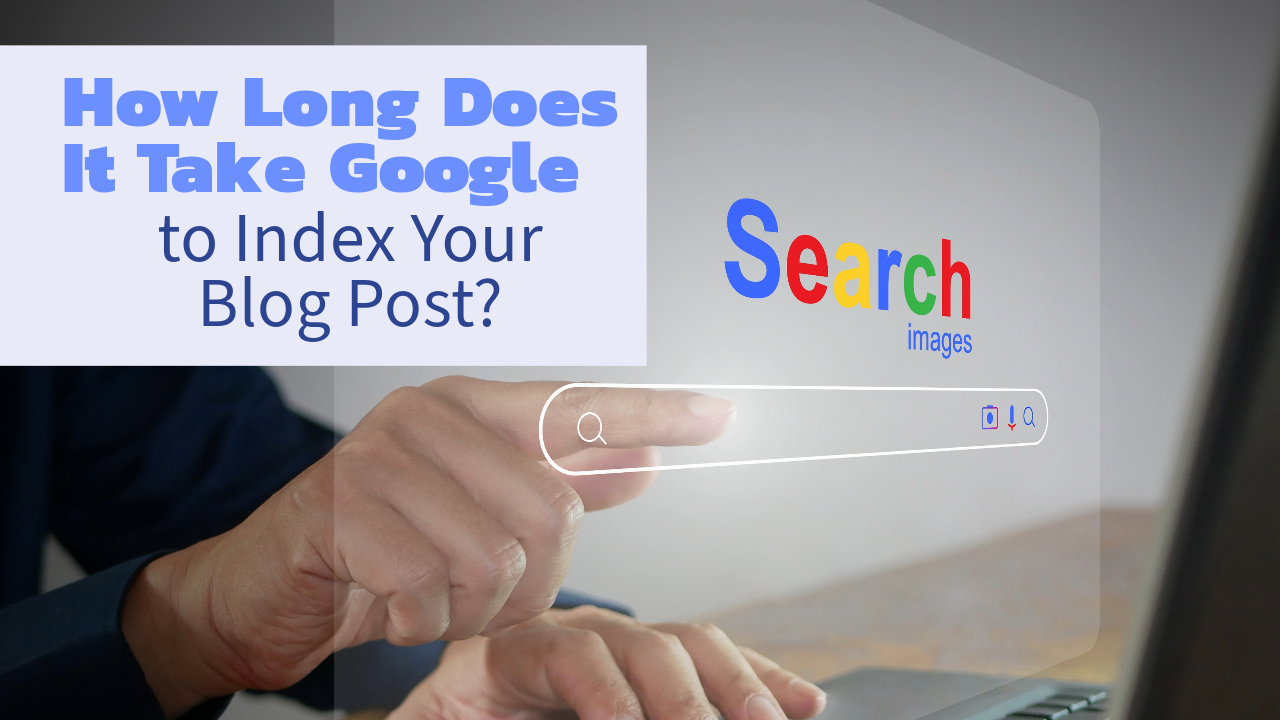The Waiting Game: How Long Does It Take Google to Index Your Blog Post?
Welcome back to Your Blog Today, where we unravel the mysteries of the digital world, one blog post at a time. Today, we’re diving deep into the enigmatic realm of Google indexing. With our conversational, detailed, and influential tone, we’ll explore the intricate process of how long it takes for Google to list your blog post or page after it’s been submitted.
The Google Indexing Journey
Picture this: you’ve just crafted a brilliant blog post. You’ve hit the “Publish” button, eagerly awaiting the moment it makes its debut on Google’s search results. But how long will it take for Google to notice and index your masterpiece?
The Waiting Period
Let’s get to the heart of the matter. Google indexing doesn’t happen instantaneously. It involves a meticulous process. Here’s what you need to know about the timeline:
- Crawl First, Index Later: When you publish a new blog post or page, Google’s search bots need to discover it first. This discovery process is known as **crawling**. It may take anywhere from a few hours to a few days for Google to find your new content.
- Indexing After Discovery: Once your content is crawled, it moves to the indexing stage. Here, Google analyzes your content, categorizes it, and stores it in its massive database. The time it takes for this process to complete can vary widely.
- Factors Affecting Indexing Speed: Several factors influence how quickly Google indexes your content:
- Website Authority: Established and authoritative websites are crawled and indexed more frequently.
- Content Quality: High-quality, original content is prioritized by Google.
- Internal Linking: A well-structured website with internal links can expedite indexing.
- XML Sitemap: Submitting an XML sitemap to Google can help it discover new content faster.
- Backlinks: If your new post receives backlinks from other websites, it can be indexed faster.
Tips to Expedite Indexing
While Google’s timeline isn’t entirely under your control, you can take steps to speed up the process:
- Google Search Console: Using Google Search Console, you can request indexing of specific URLs. This can help expedite the process for important pages or posts.
- Quality Content: Consistently publishing high-quality, original content can lead to faster indexing over time.
- XML Sitemap: Ensure your website has an updated XML sitemap and submit it to Google Search Console.
- Mobile-Friendly Design: A responsive and mobile-friendly design ensures your content is accessible to Google’s mobile bots.
The Bottom Line
In the world of Google indexing, patience is a virtue. The exact time it takes for Google to index your blog post or page can vary based on numerous factors. While you can’t control Google’s schedule, you can optimize your content and website to improve your chances of faster indexing.
Interested in blog writing and or landing pages? Sign up today!
Your Blog Today provides professional blog and landing page writing services for businesses, agencies, and individuals on a weekly and monthly basis. Professional writers create all of our written content in order to appeal to both your target audience and the major search engines. Our blog posts are fully optimized for the highest level of search engine visibility in order to drive significantly more traffic to your website.



